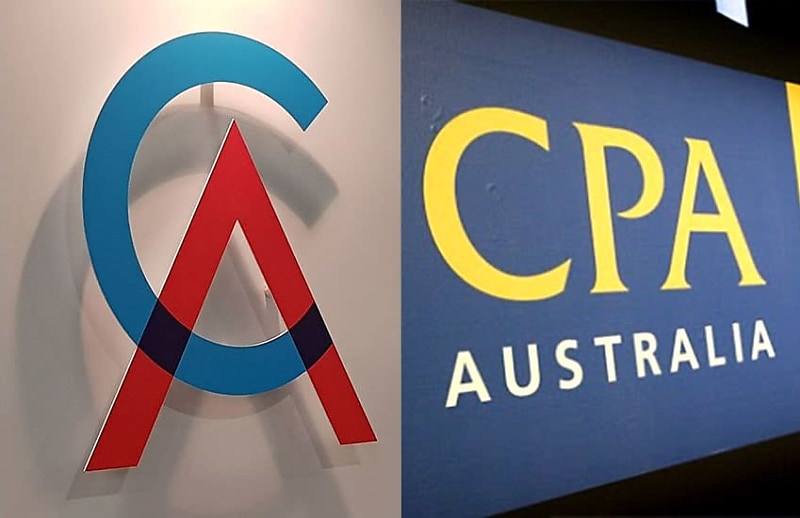Accounting bodies push for Div 7A ‘legislative fix’
TaxMembers of the professional accounting bodies are calling for reform to Division 7A as the Tax Office pushes its “interpretation of the law beyond the policy intent of the legislation”.

CA ANZ and CPA Australia members are strongly advocating for a legislative fix to Division 7A in a bid to refine the complicated provisions and differing interpretations.
In a submission to the Tax Office, CA ANZ and CPA took the opportunity to provide comments on TD 2025/D2 Income tax: disregarding certain payments under section 109R of the Income Tax Assessment Act 1936 in determining how much of a loan has been repaid in situations where notional loans are involved (Draft TD).
The bodies noted legislative action on Div 7A was necessary based on the complicated provisions that SMEs needed to comply with were a “significant obstacle to a taxpayer’s ability to effectively comply with their tax obligations”.
According to the bodies, there had been a long-standing, consistent issue in the difficulty of ensuring that Division 7A of the ITAA operated as intended.
“We support addressing the mischief raised in the Draft TD, being the repayment of notional loans that arise under sections 109T and 109W of the ITAA where the repayment is dependent on another loan being made,” the submission said.
“However, we believe the way sections 109R, 109T and 109W are currently drafted does not support section 109R applying in situations where notional loans are involved. A legislative fix is urgently required to ensure that these provisions, and Division 7A more broadly, operates in an appropriate manner.”
The bodies noted they were pushing for legislative amendment as it was possible to conclude that section 109R did not apply to notional loans when a literal reading of the Draft TD provisions of section 109R, and the provisions that created the notional loans, was conducted.
The bodies acknowledged that if section 109R did not apply to notional loans, there could be potential for circular loans and repayments to be used to avoid Div 7A, contrary to its purposes and objectives.
It was added that if section 109R could not apply, then Part IVA may apply to ensure the purposes and objectives of Div 7A were met.
CA ANZ and CPA shared they were of the view that section 109R could not apply to disregard a notional loan repayment otherwise taken to have been made under subsection 109W(3) as for the section to “enliven” there needed to be payments to the private company, and the subsection created the assumption that the target repaid an amount of the notional loan.
“We would recommend that legislative amendment be pursued to provide certainty that section 109R does apply to notional loans rather than trying to extend the section 109W(3) beyond its original purpose,” the bodies said.
“In the meantime, the Draft TD, or a taxpayer alert, could state that the Commissioner will apply Part IVA to arrangements where there are circular loans and repayments of notional loans to address the mischief.”
In addition to a preferred legislative amendment to Division 7A, the submission noted that the Draft TD needed additional guidance about how the ATO will apply its view and clarification around double taxation.
ATO guidance suggested by CA ANZ and CPA included the ATO having to list the factors it would consider when determining the amount of a notional loan, as well as the factors it would consider when deciding whether a repayment of a notional loan would be disregarded.
“We believe some clarity of the Commissioner’s order of applying these rules where double taxation applies would also be helpful,” the bodies said.
This was based on the provided example in TR 2010/3 where the Commissioner said: “182. Nonetheless, given the legislative context of Division 7A, an amount that has been treated as a loan and dealt with under section 109D should be regarded as a loan for all purposes of Division 7A, including Subdivision EA. Accordingly, the Commissioner will not treat a UPE that is subject to this Ruling and is considered to constitute a Division 7A loan as a present entitlement that remains unpaid for Subdivision EA purposes.”
Based on this example, the bodies said it was clear which of the two provisions the Commissioner wanted the taxpayer to document and repay to avoid Div 7A, meaning any potential for double taxation was removed.
However, the Draft TD acknowledges the potential for double taxation due to the operation of section 109R, which the Commissioner also acknowledged and stated how he would act to ensure there was no double taxation.
The bodies said it would be helpful if the Commissioner could identify how he would expect a taxpayer to manage the arrangement when the possibility of double taxation was identified.
“It is unlikely that the drafters of Division 7A intended there to be the potential for any double taxation to occur. Therefore, the Commissioner should also consider approaching Treasury to amend Division 7A to ensure the potential double taxation is removed in this situation and other situations.”




